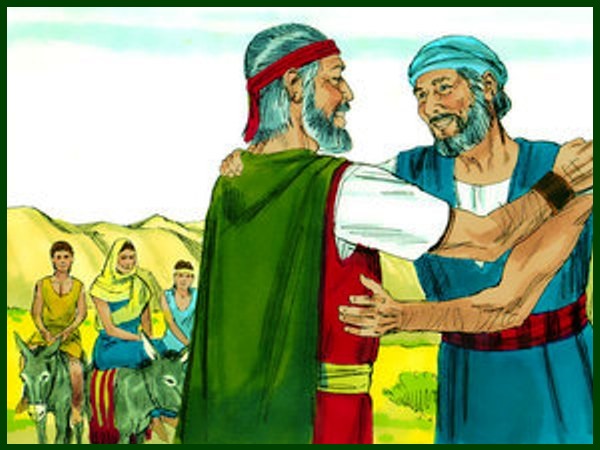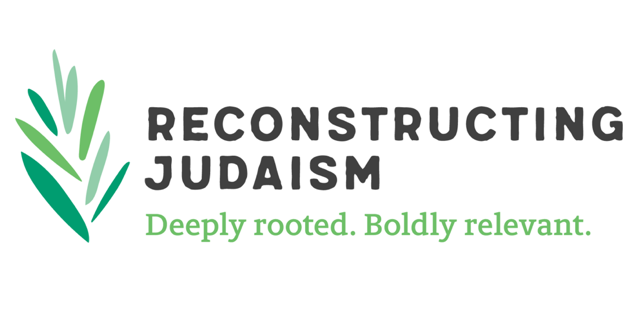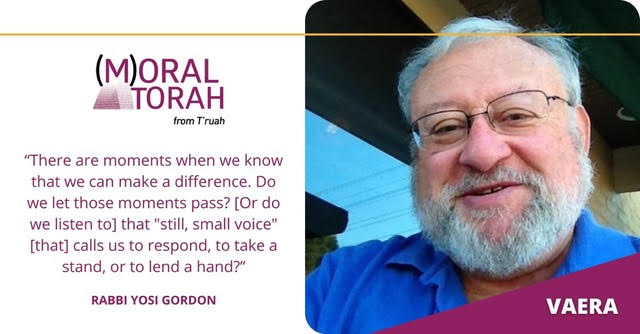Tema Smith: Yitro Saving Ourselves from Burnout: The Importance of Delegating
Yitro, Moses’ father-in-law, gives him important advice: it is not beneficial to a community to rely on a single leader – a leader who can burn out. Furthermore, spreading the responsibility of leadership facilitates the Israelites’ growing away from their past slavery.











